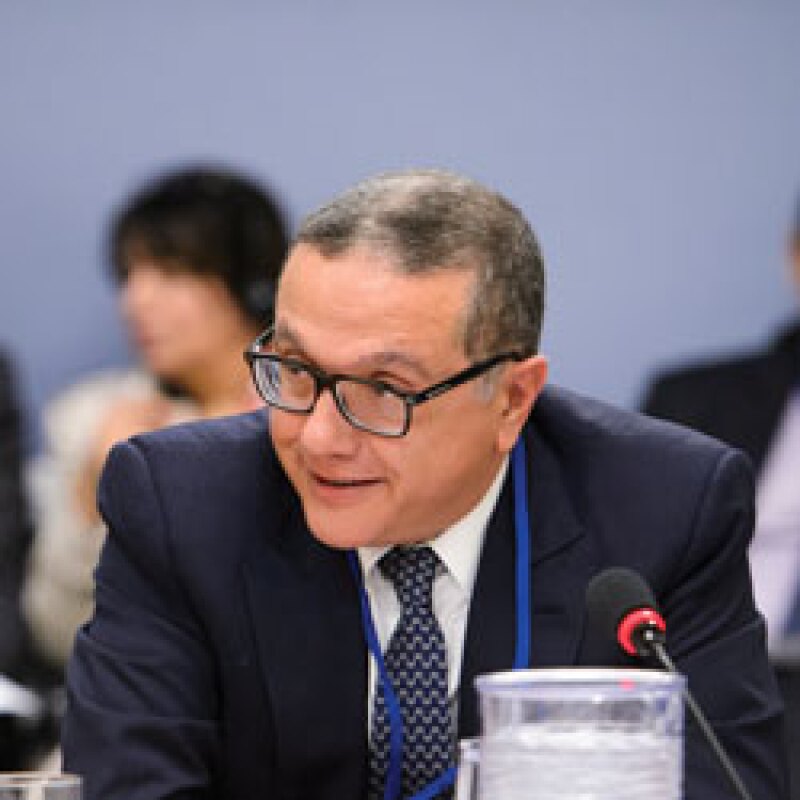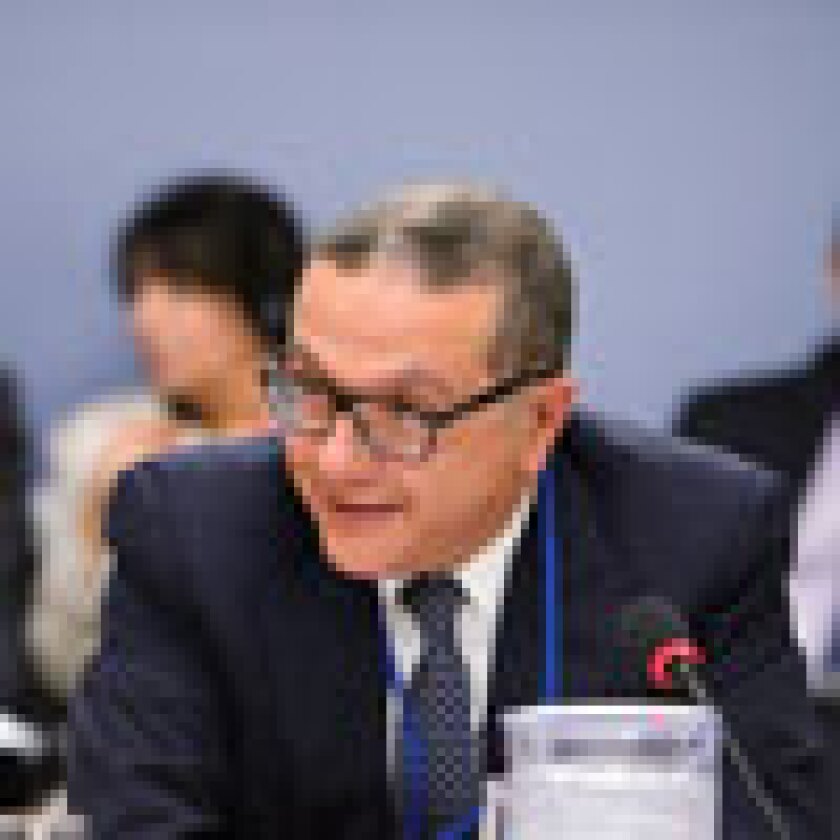
The past five years have seen a remarkable turnaround in Morocco’s economic fortunes. In 2012 the North African kingdom was struggling with large twin deficits and rising public debt against a backdrop of a slowdown in Europe and regional instability.
Today, while the external environment remains challenging, Morocco’s position has improved greatly. From 9.5% in 2012, the current account deficit fell to below 2% last year, allowing for the first reduction in net external debt since the global financial crisis. Over the same period the budget deficit declined from 7% of GDP to just 4.3% last year. A further reduction to 3.7% is expected this year.
Key to this improvement has been an ambitious programme of subsidy reform. Since January 2014 subsidies on all fuel products — except for cooking gas — have been gradually phased out, cutting the burden on public finances by around three-quarters. Unusually, this has been achieved with minimal domestic tension, thanks to effective communication by policymakers and the allocation of half of the budget savings to welfare spending.
As finance and economy minister since October 2013, Mohammed Boussaid can take much of the credit for the successful implementation of the subsidy cuts as well as for other key reforms including the introduction in November 2014 of a widely praised organic budget law. He has also been a driving force behind a long awaited overhaul of Morocco’s public sector pension system, which started to take shape in July with the passing of a bill increasing worker contributions and raising the age of retirement for civil servants.
Further reforms have been promised under the latest International Monetary Fund programme, including a move to a flexible exchange rate and the lifting of capital controls. It is a sign of how far Morocco has come that the support requested from the Fund this time is significantly lower than on previous occasions. In 2012 the IMF granted the country a $6.2bn credit line. This year the figure was just $3.5bn.
Morocco still has further to go to realise its full economic potential. Human capital development remains low and youth unemployment high. A sharp slowdown in GDP growth this year due to drought conditions points to a continuing dependence on volatile agricultural revenues, while export industries and tourism are exposed to weak demand from the European Union.
Nevertheless, recent efforts to diversify the economy have scored signal successes, particularly in the manufacturing sector. Morocco is rapidly becoming a hub for the auto and aviation industries thanks to improvements to infrastructure and the business environment. Meanwhile, the country’s financial sector is building on healthy fundamentals to expand across both MENA and sub-Saharan Africa, pitching itself as a gateway to Africa and creating a financial centre in Casablanca.
In a region plagued by low growth, bad governance and political instability, Morocco’s outperformance testifies to the competence and commitment to reform of leading policymakers such as Boussaid.
